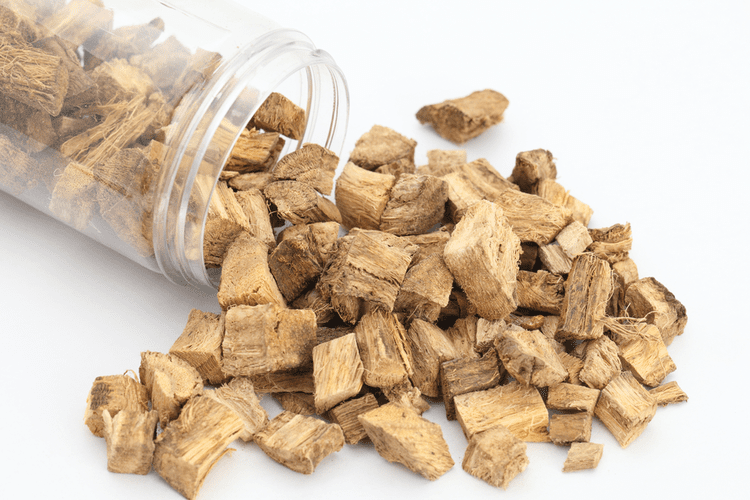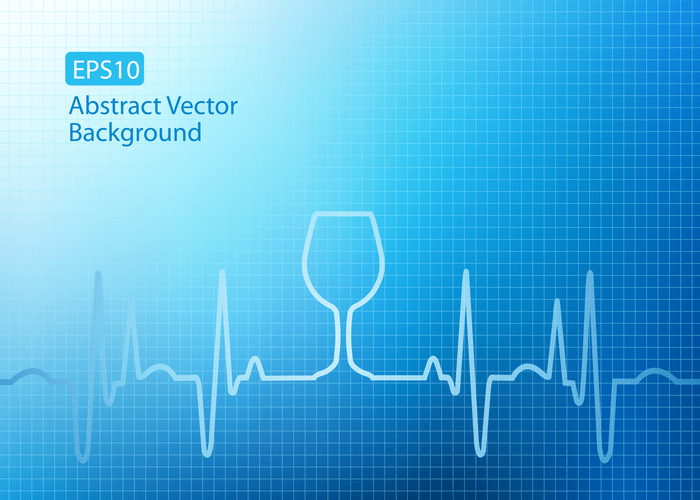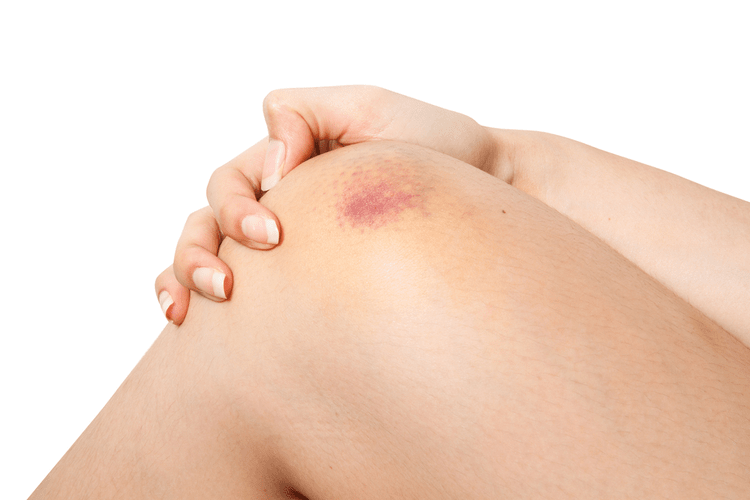What’s more, being dependent on alcohol often robs people of their sense of purpose, making them feel as if they are powerless in their day-to-day lives. The very act of tapering down alcohol intake comes down to planning. Also referred to as “falling off the wagon” or “going off the rails”, relapse is a very real concern for anyone thinking about quitting alcohol. Whether someone has a full-blown addiction to alcohol, a mild dependency, or simply likes to drink most days, the idea of sudden sobriety can seem overwhelming.
Understanding alcohol dependence and withdrawal
As we all know, alcohol doesn’t exactly do wonders for our physical or mental health. Even in small doses, alcohol is a toxic substance, and drinking will further damage your well-being. This is because, as you can imagine, sticking to a tapering schedule when you have an addiction requires a huge amount of discipline. This is perhaps the biggest disadvantage of tapering as a detox method when attempted without medical assistance. Many people who cannot afford to enter rehab or do not believe their alcohol problem is severe enough will design and attempt to stick to their taper at home. While this might work well for some, it can be just as dangerous as cold turkey for others.
Cold Turkey Method
Risky withdrawal symptoms are not limited to the above.3 Learn more about alcohol withdrawal here and, once again, speak to a doctor first. Moreover, substituting one kind of beverage for another does not help you taper off alcohol if you consume the same number of standard drinks https://mostiks.ru/unikalnoe-omolozhenie-litsa-v-domashni/ as you usually have. For example, one 12-ounce can of beer contains roughly the same amount of alcohol as a 5-ounce glass of wine or a mixed drink containing 1.5 ounces of alcohol. For some drinkers, cutting down on the amount of alcohol they drink simply does not work.
Effects of Tapering Off Alcohol
- Tapering is also a strategy used by people with a substance or alcohol use disorder (AUD).
- When considering how tapering can reduce the threat of relapse, it’s important to consider our previous points – lessened withdrawal symptoms and decreased stress levels.
- Your healthcare provider will recommend and encourage treatment for alcohol use disorder.
- For this reason, you should always talk to your doctor before attempting to quit drinking.
It’s always best to consult a physician on the best strategy, especially if you drink heavily. Some people are facing problems with their health or personal lives which require them to quit immediately. However, for many people with alcohol use disorder, tapering off alcohol is a far better experience than quitting abruptly. Slowly tapering your alcohol use can help you manage mild withdrawal symptoms and decrease the risk of AUD. However, you may experience withdrawal symptoms or relapse if you’re not tapering correctly and safely. If you’ve been drinking for a long time, you may experience withdrawal symptoms when you quit drinking.


Before we go further, let’s first discuss the difference between belief and reality. Most people don’t realize that what they perceive as reality is actually just a set of beliefs. The true reality of how the world operates is too massive for our human minds to comprehend.

- Irritability involves extreme impatience, annoyance, and frustration.
- If someone close to you is willing to help you, actively involve them in your planning and preparation to stop drinking.
- Talk to a medical professional if you have any concerns about tapering off alcohol.
- Gradually decreasing alcohol intake through supervised tapering can make quitting safer and ease withdrawal severity.
- Alcohol withdrawal can cause something called kindling to occur in your brain.
Although going cold turkey on opioids is dangerous and can cause significant withdrawal symptoms, quitting alcohol cold turkey can be fatal. We publish material that is researched, cited, edited and reviewed by licensed medical professionals. The information we provide is not intended to be a substitute for professional medical advice, diagnosis or treatment. It should not be used http://stadion.kz/rus/news/id/711 in place of the advice of your physician or other qualified healthcare providers. Whether you’re a daily imbiber, heavy drinker, or frequent binge drinker, you’re likely to experience withdrawal symptoms when you quit. Unfortunately, there’s little to no evidence that tapering off reduces the effects of alcohol withdrawal, some of which can be severe or even life-threatening.

Have a lower-strength drink
The prognosis (outlook) for someone with alcohol withdrawal depends greatly on its severity. Alcohol (ethanol) depresses (slows down) your central nervous system (CNS). If you consistently consume significant amounts of alcohol, your CNS gets used to this effect. Your http://severstalvolley.ru/katalog/plavki-dlya-vaterpolo/turbo-vaterpolnye-plavki-rockability-tattoo-79658-0099-63171.html CNS must work harder to overcome the depressant effects of alcohol to keep your body functioning. BetterHelp offers affordable mental health care via phone, video, or live-chat. If you’re struggling to wean off alcohol, it might be best to seek addiction treatment.
Phone, Video, or Live-Chat Support
People who have alcohol use disorder that goes undiagnosed may have an especially difficult time cutting back on their alcohol consumption. If you’re struggling to stick to a taper or do not trust yourself to moderate your alcohol use, having strict supervision and support can help you meet your recovery goals. It can be tempting to just “rip off the Band-Aid” when getting sober, but tapering off alcohol is often much safer—and much less stressful. Rather than quitting drinking abruptly (or “cold turkey”), many professionals recommend gradually reducing your drinking (or tapering) over time. This can give your body the chance to adjust, helping you avoid the worst of withdrawal symptoms. You may experience alcohol withdrawal symptoms when you quit drinking alcohol.






